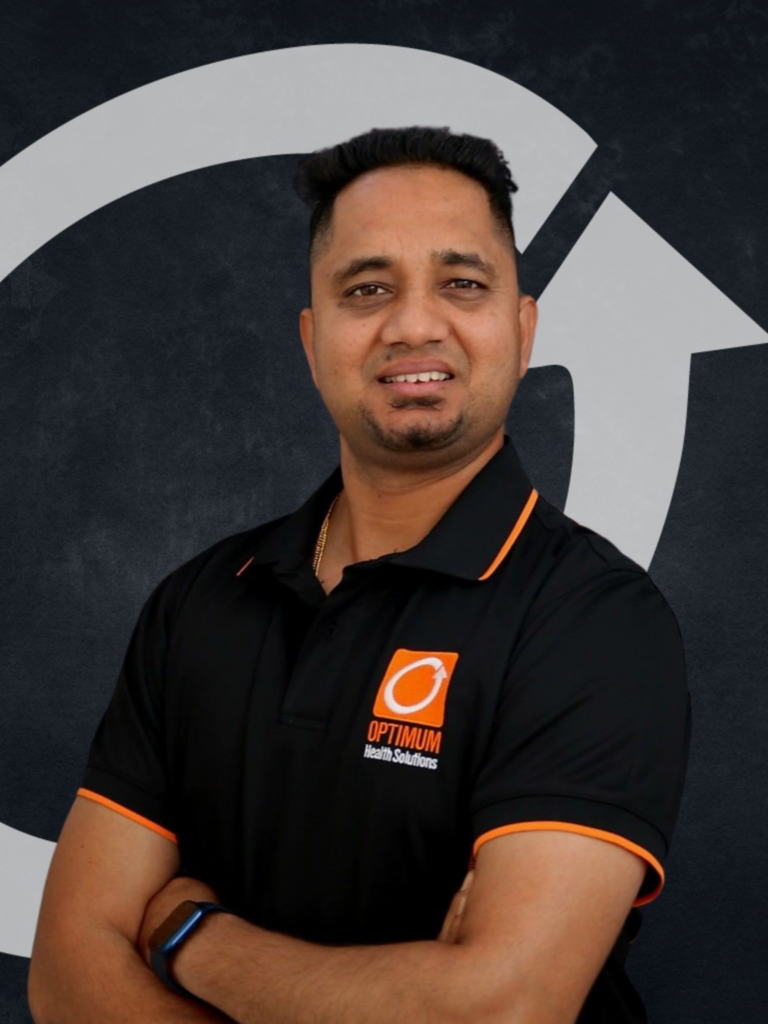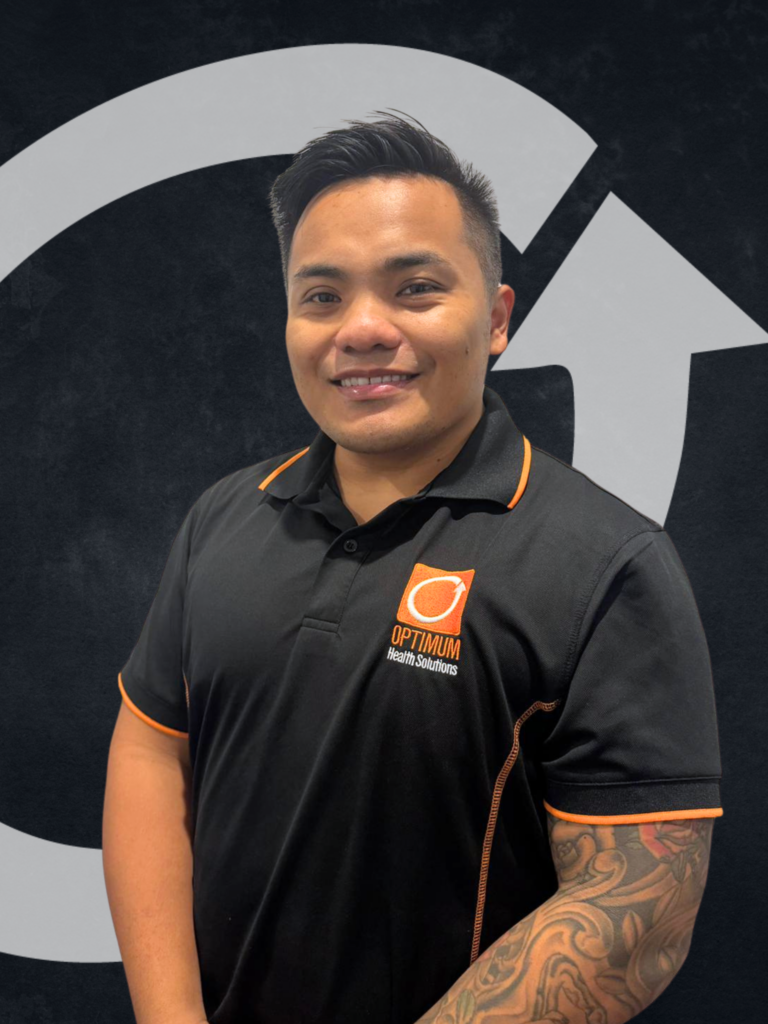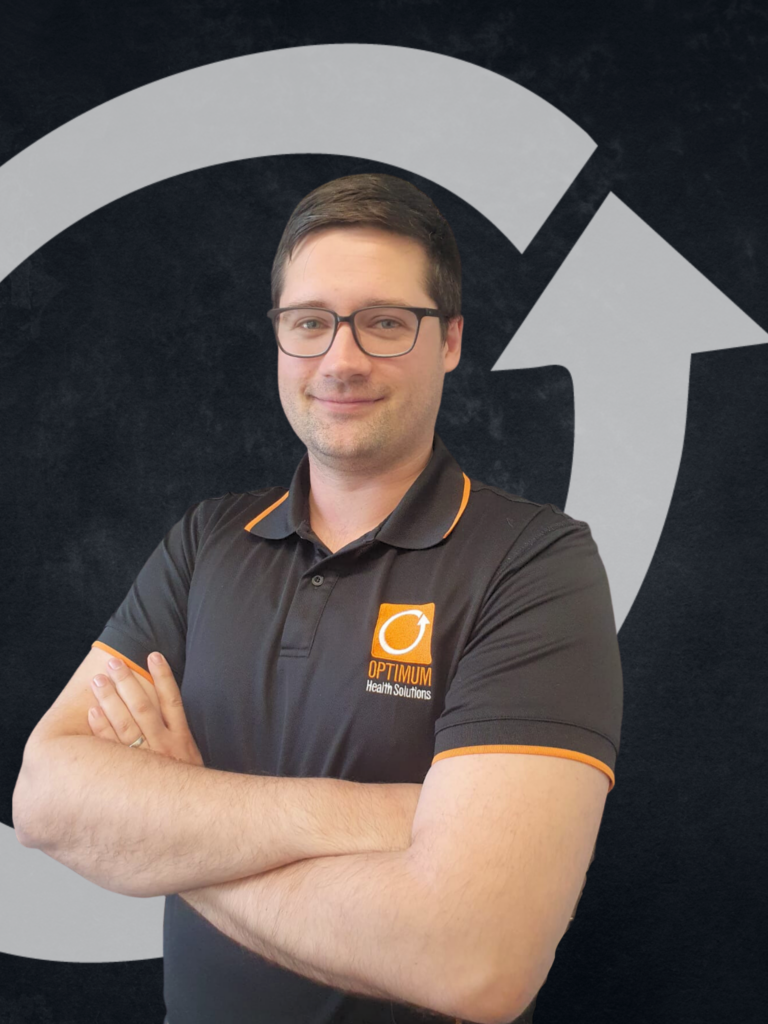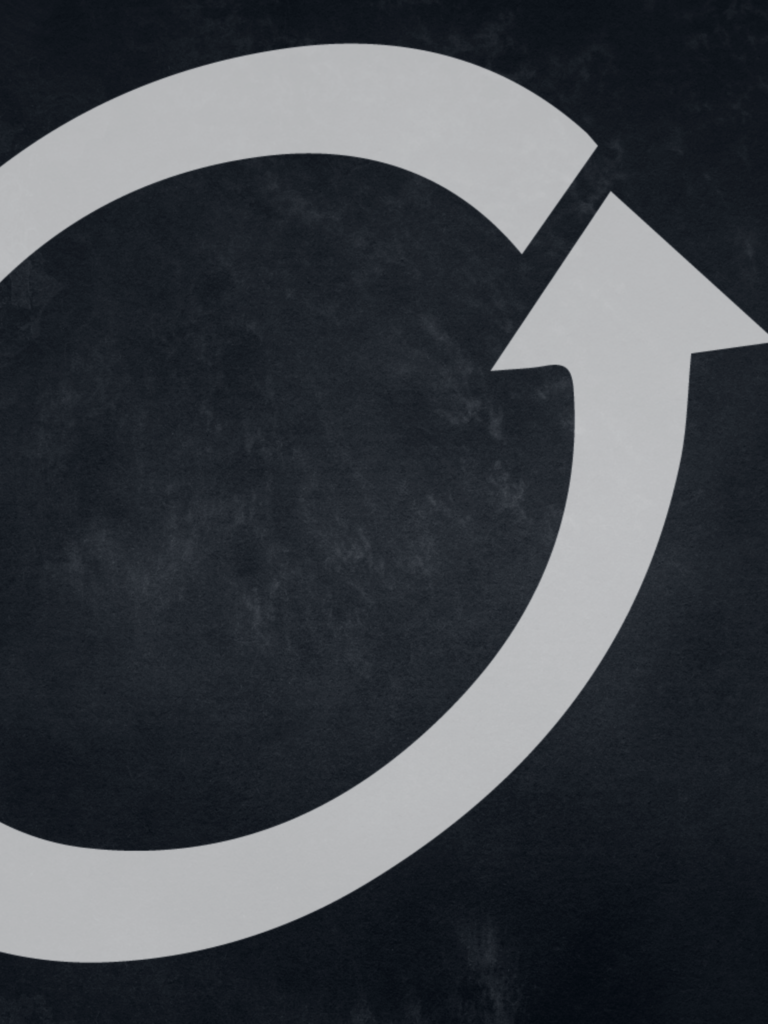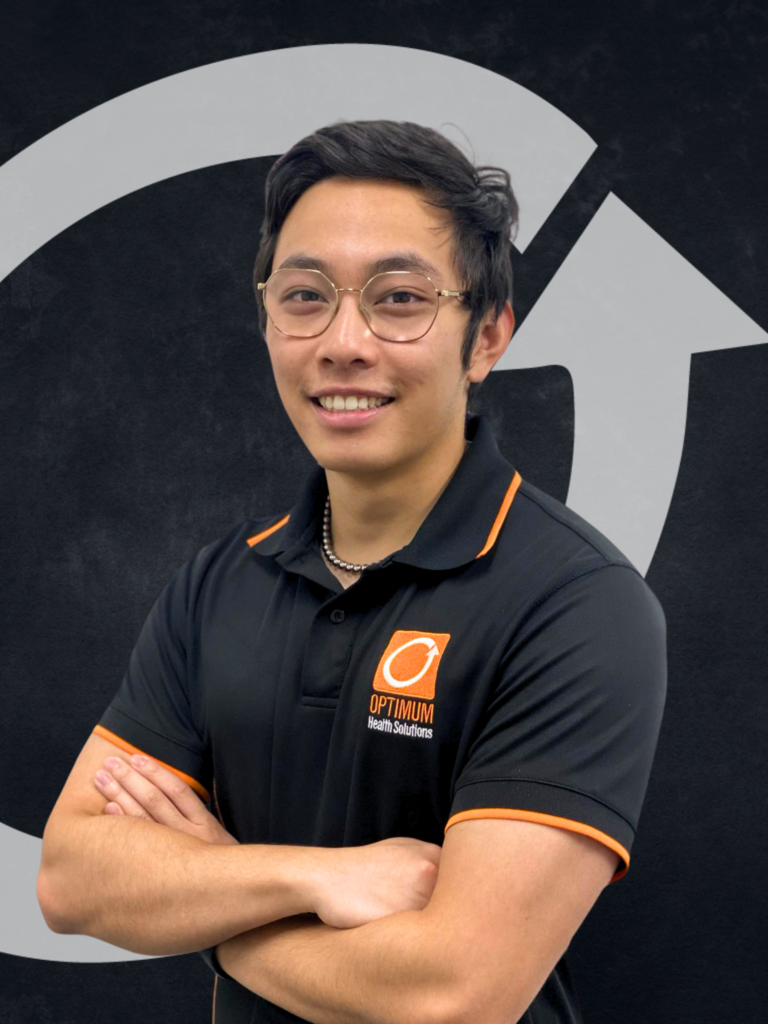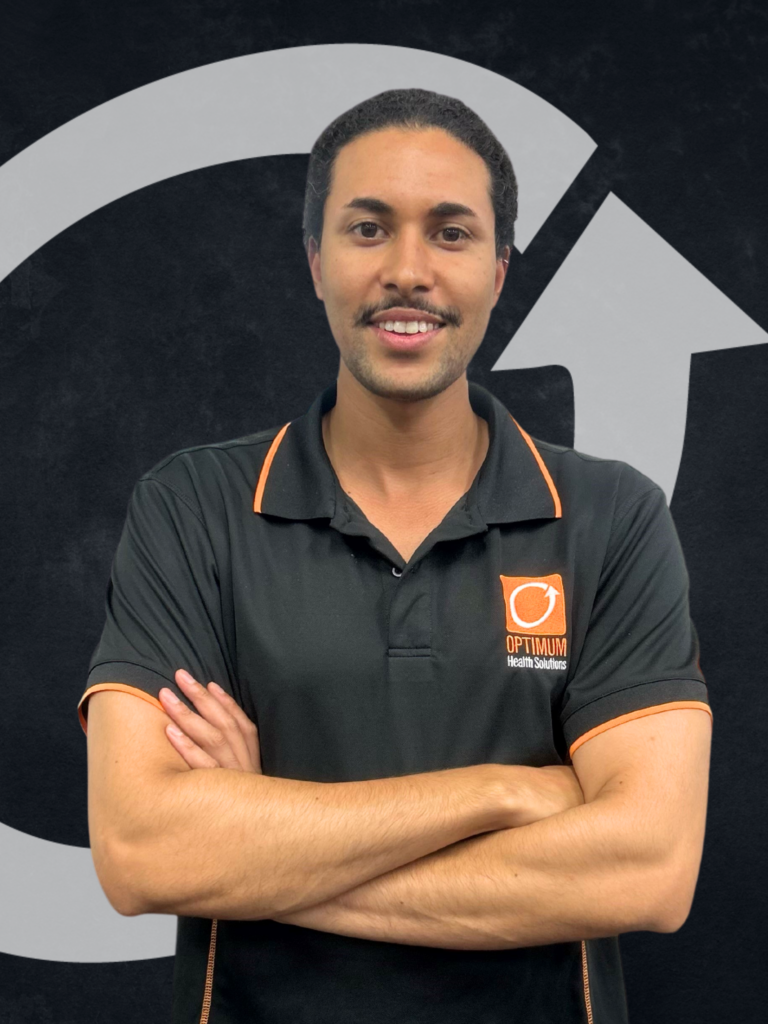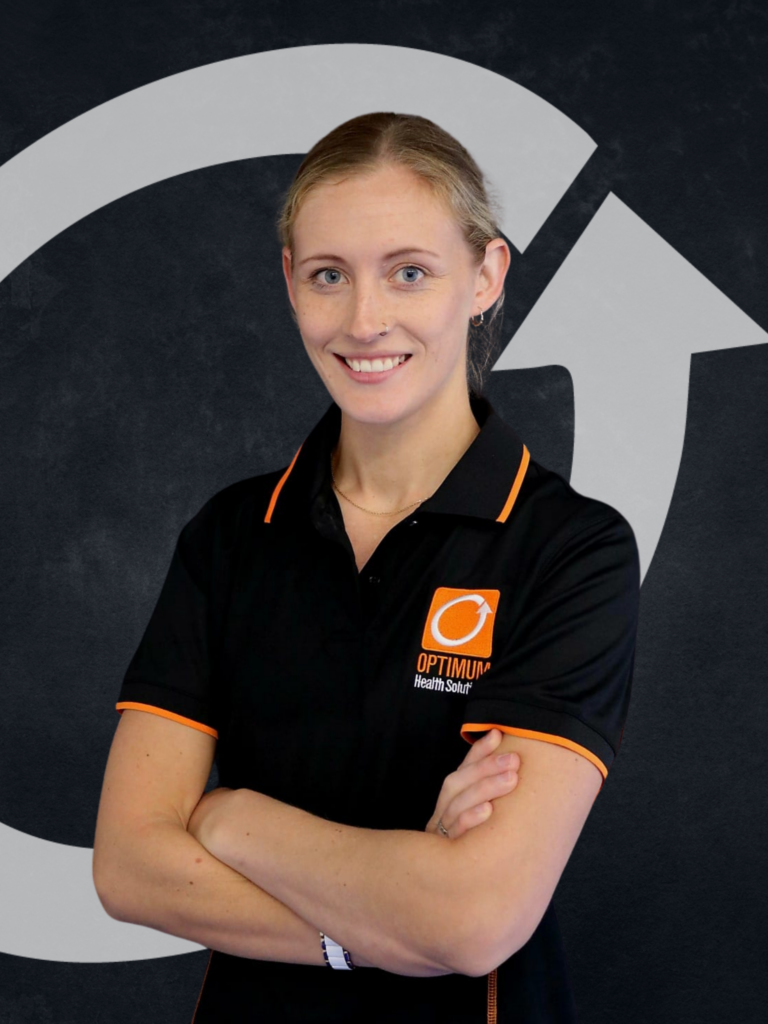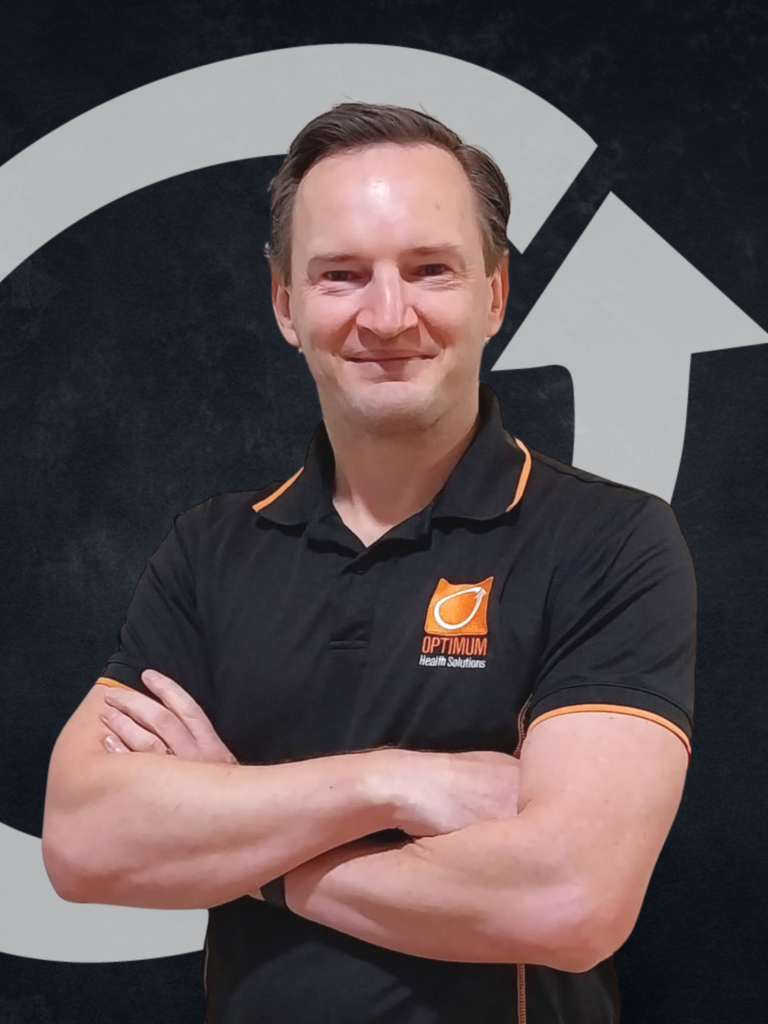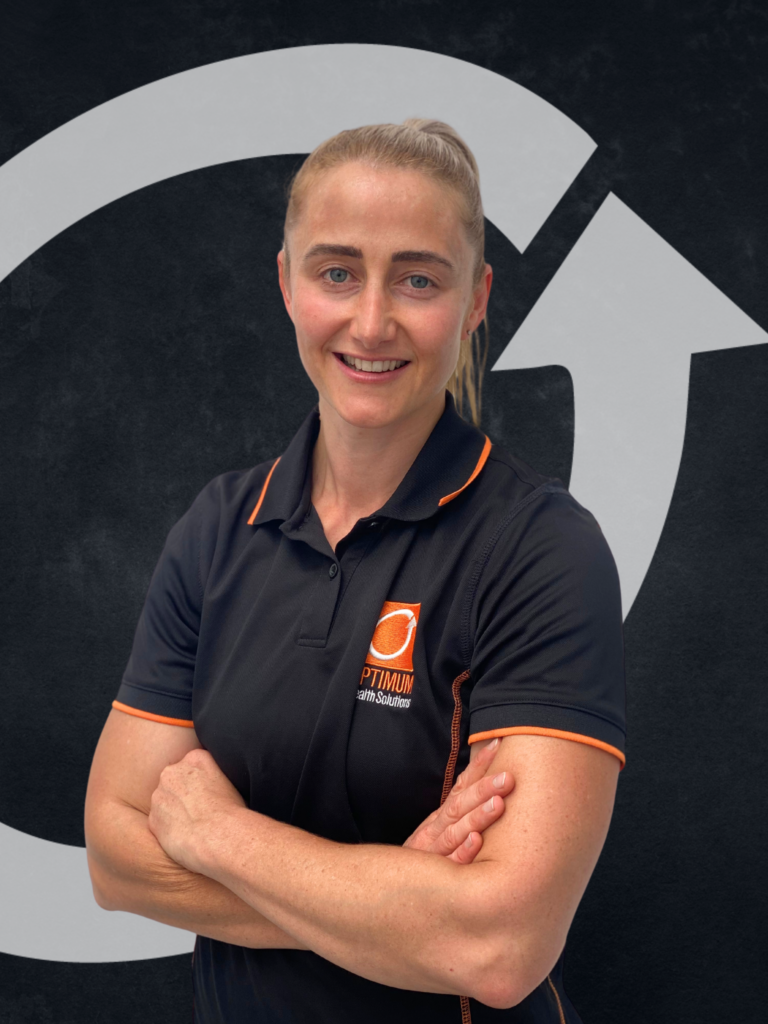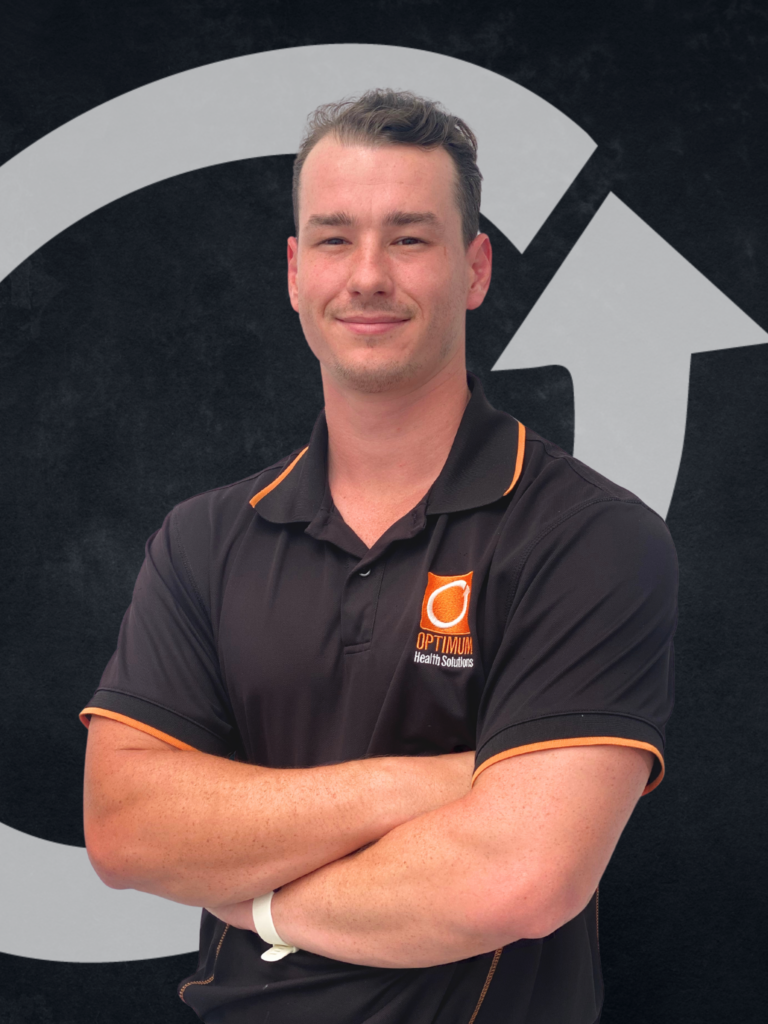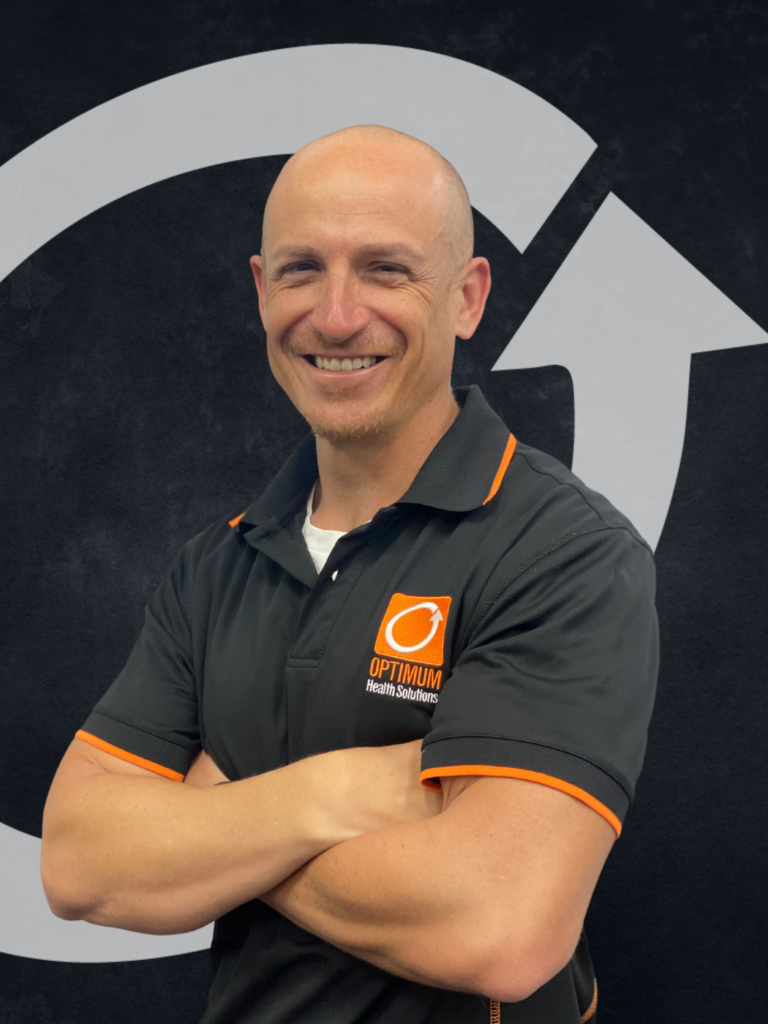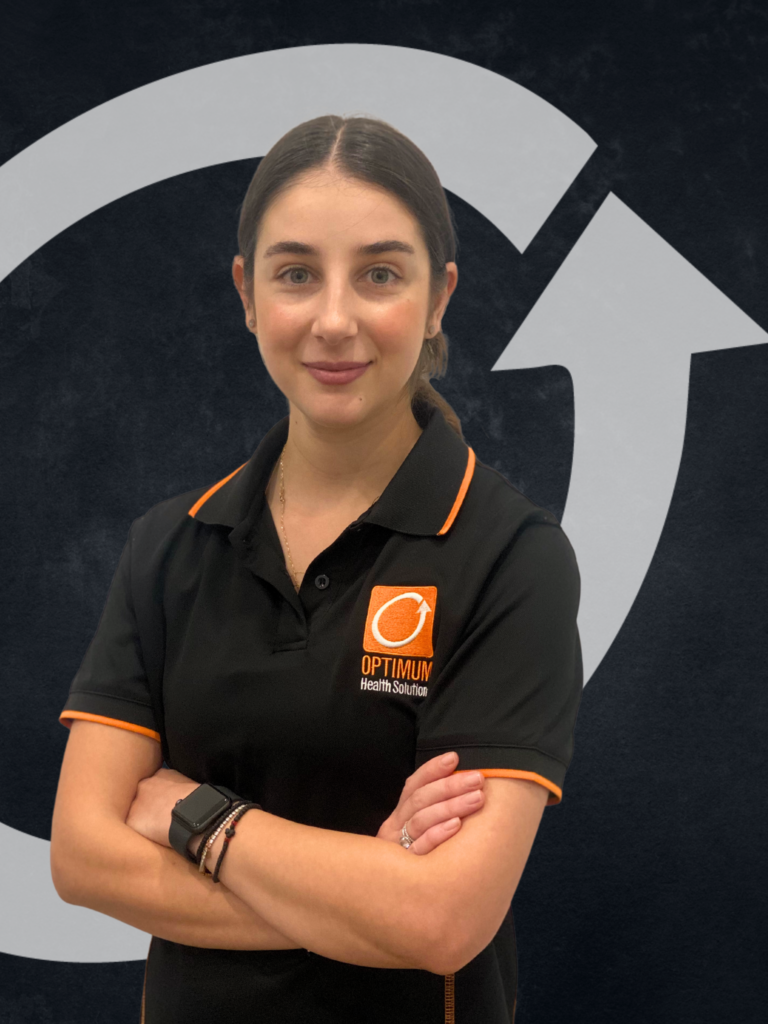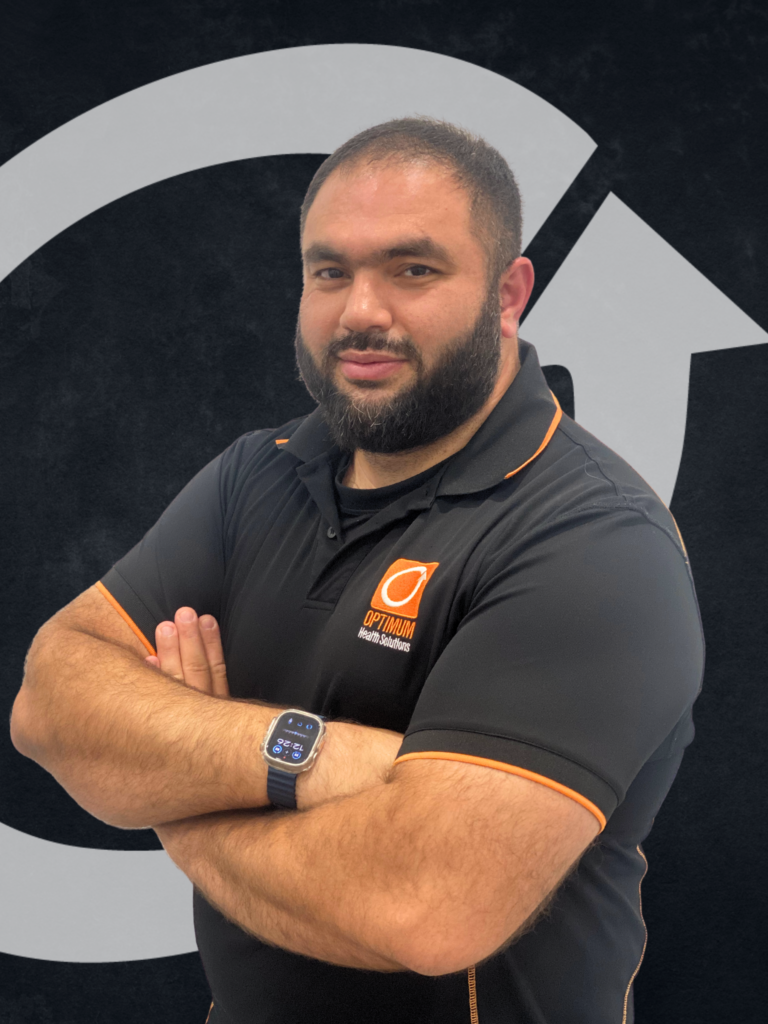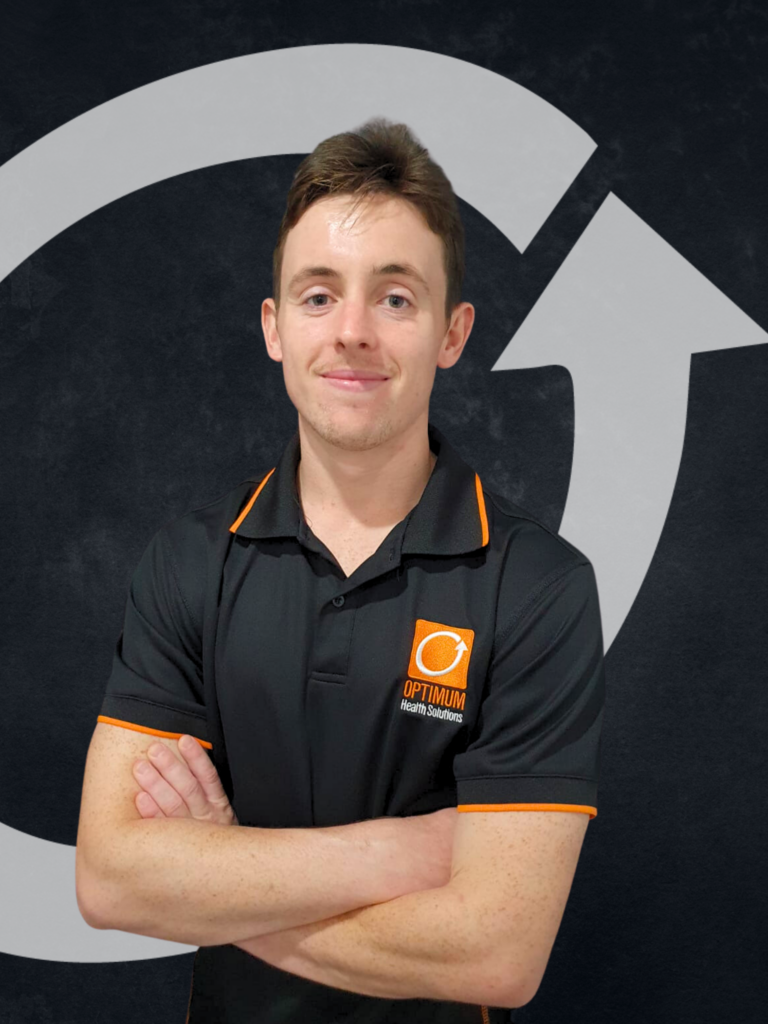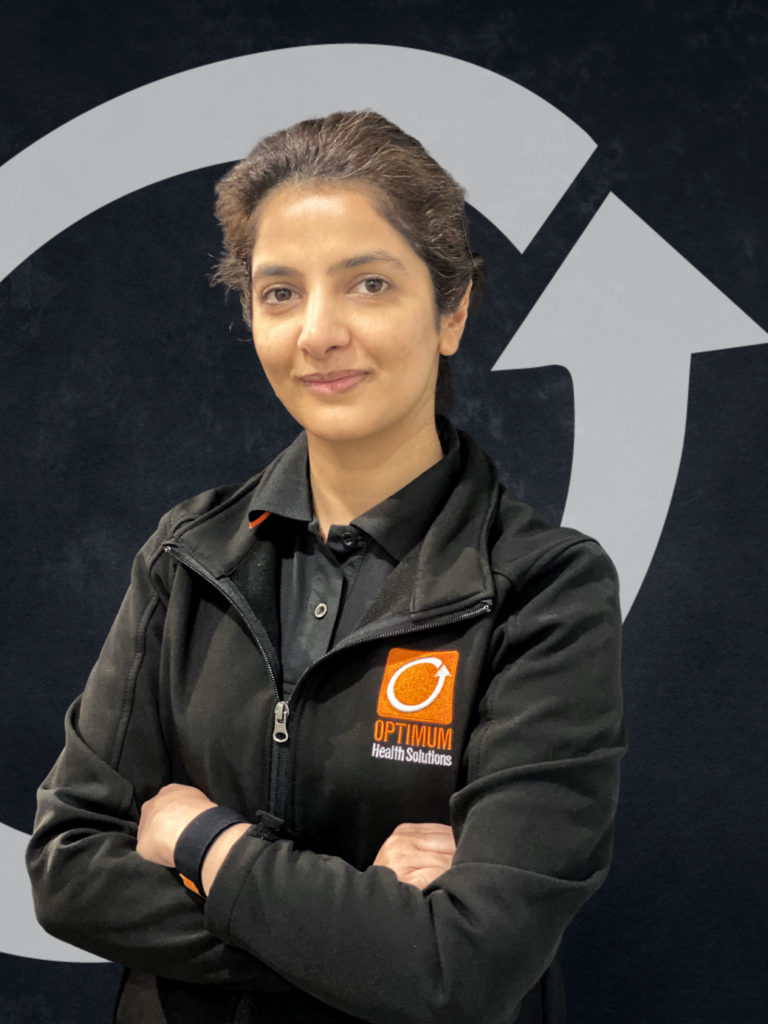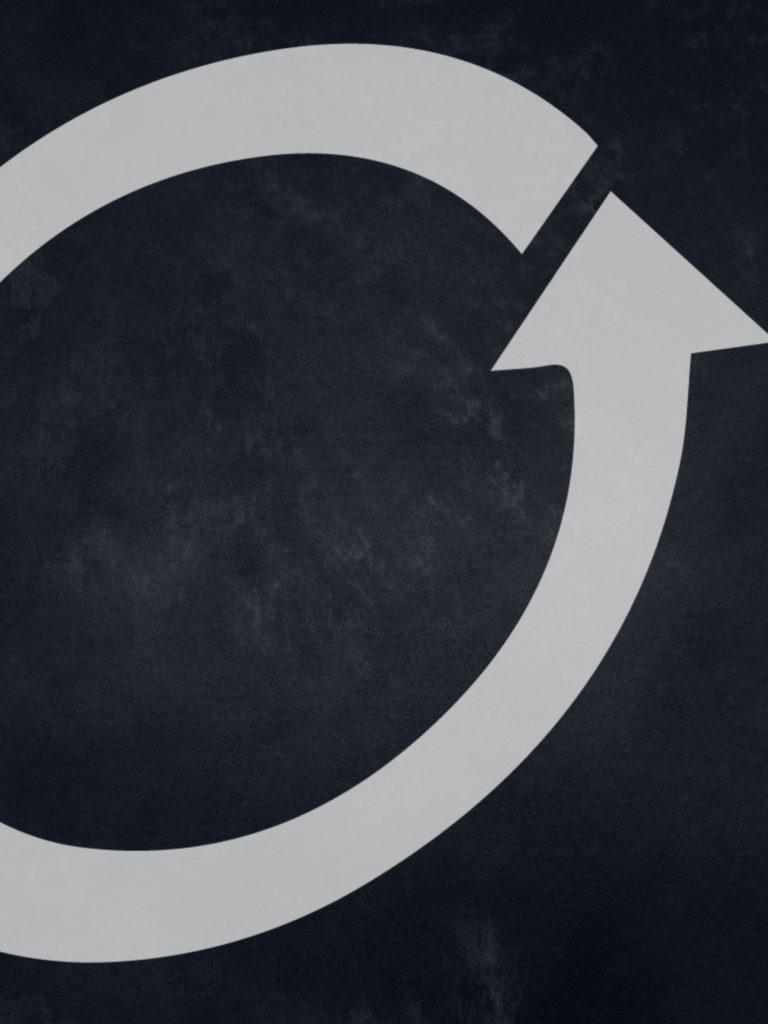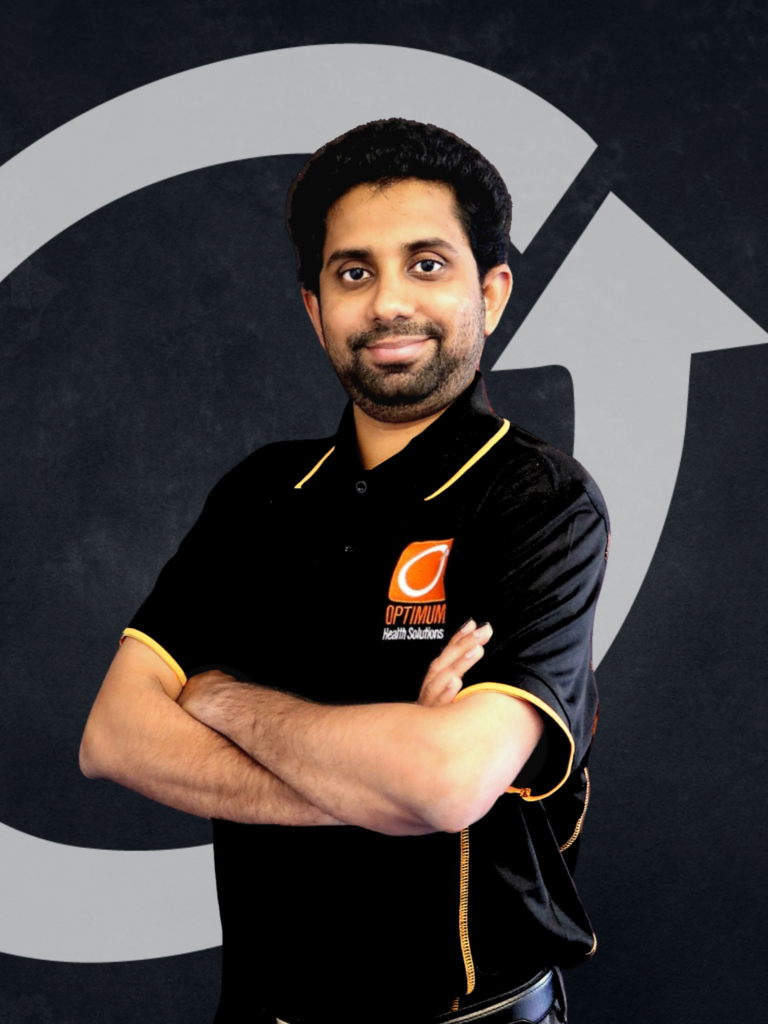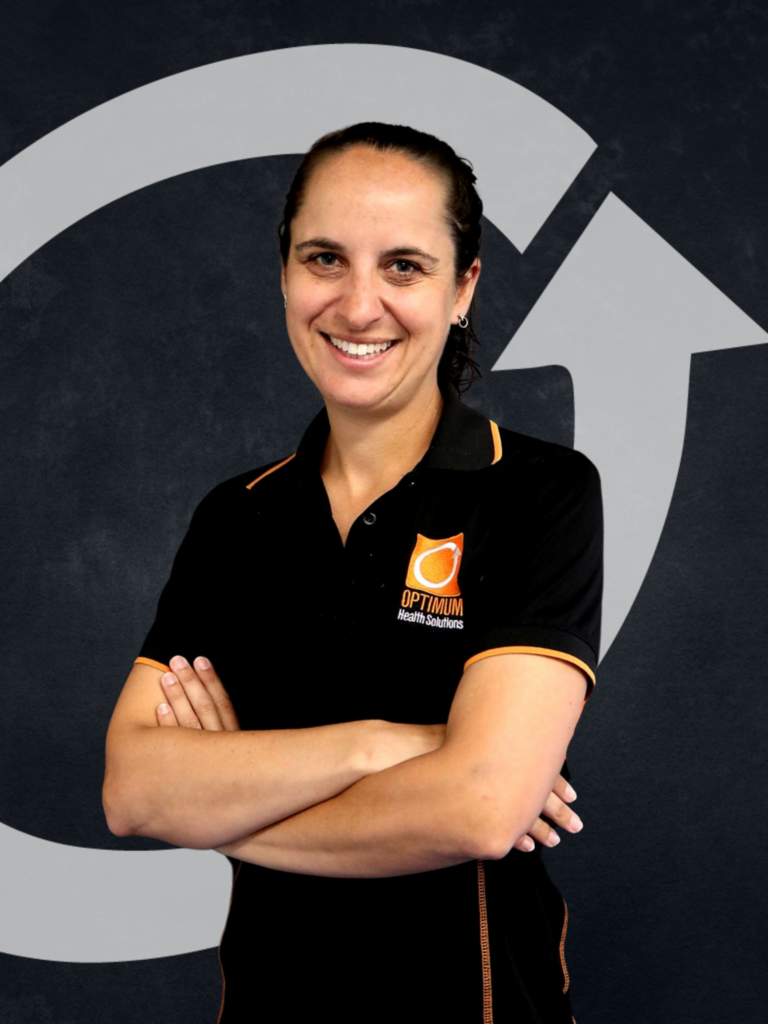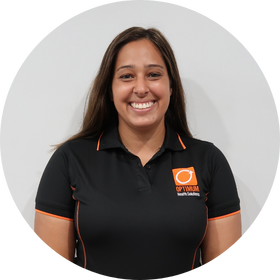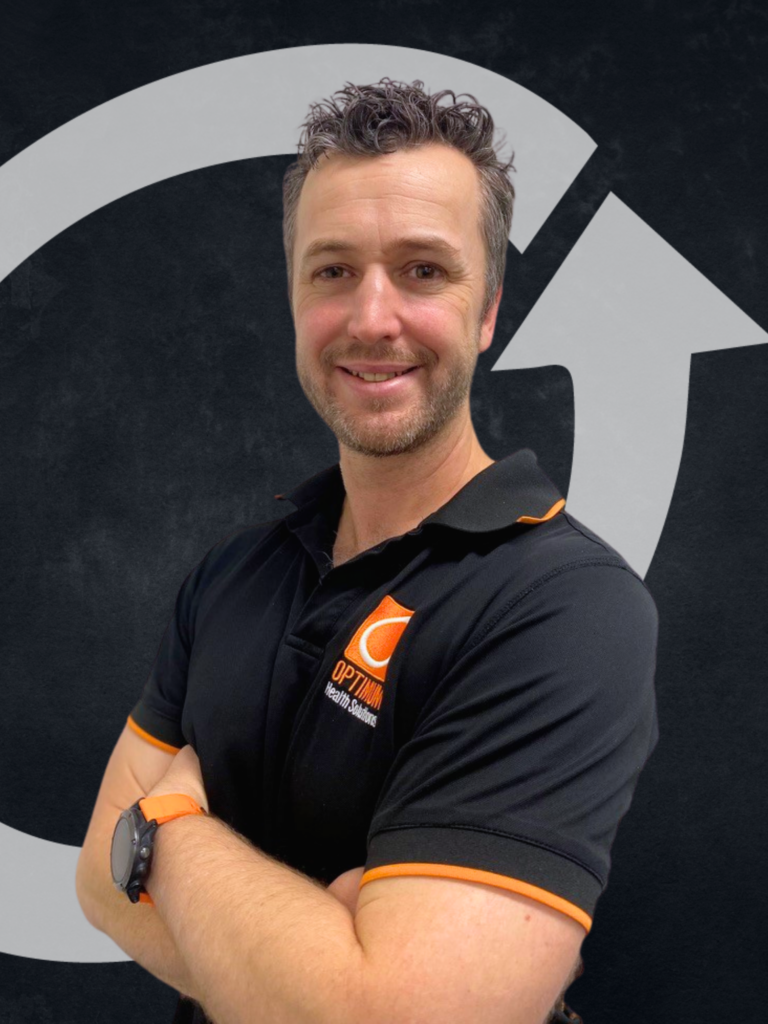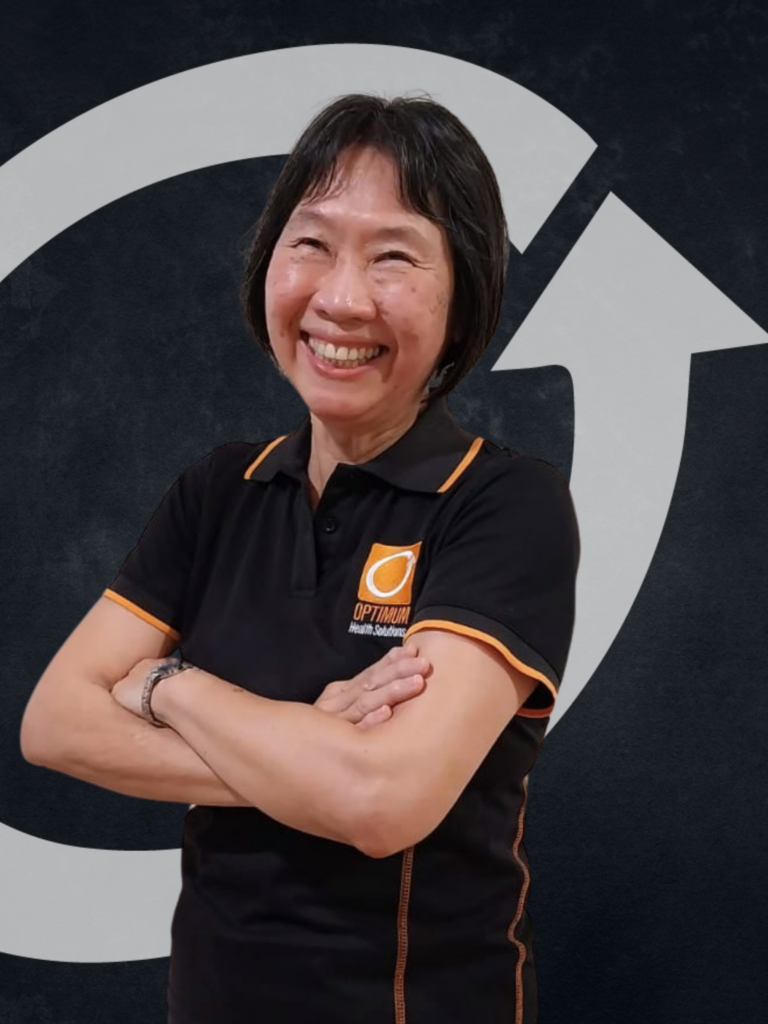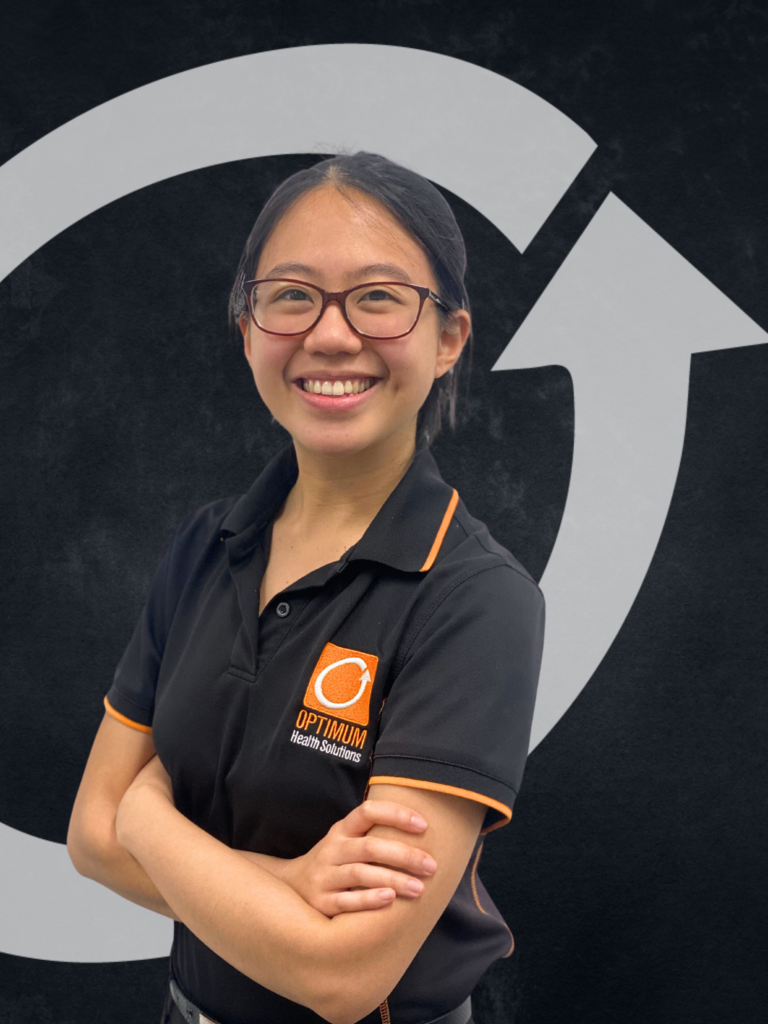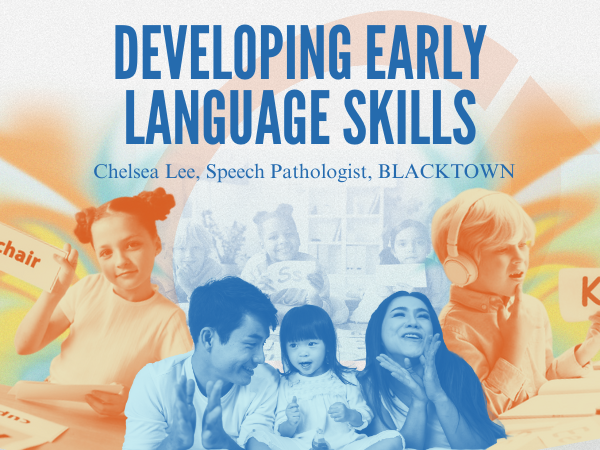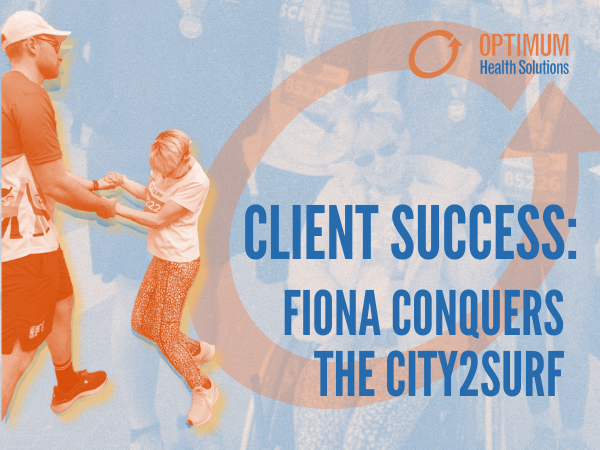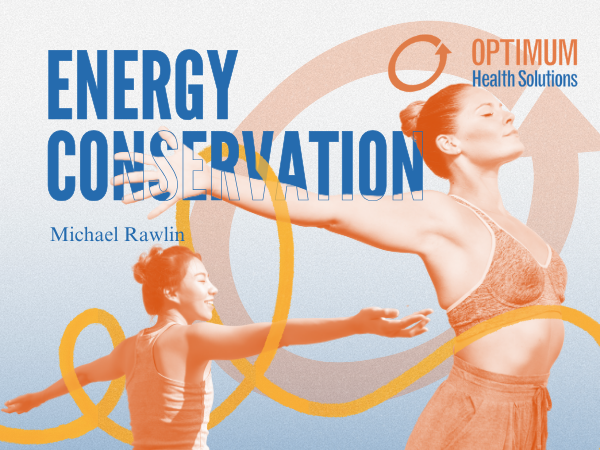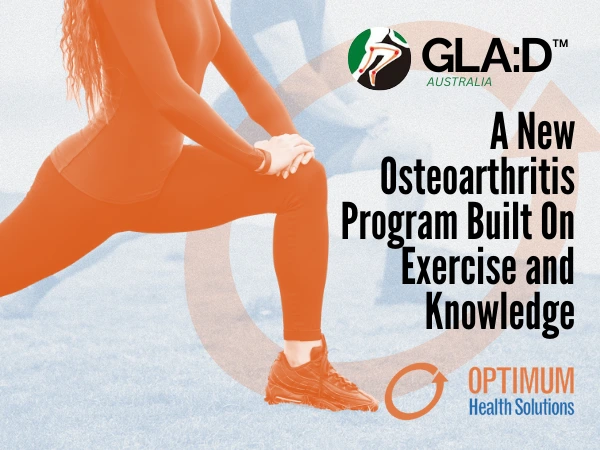Vestibular Rehabilitation
Balance therapy exercises to alleviate vertigo and dizziness, targeting vestibular system dysfunction for rehabilitation
Helping you overcome Issues Associated with Vertigo and Dizziness
When should I seek Vestibular Rehabilitation?
Vestibular rehabilitation may be beneficial for individuals experiencing persistent vertigo, dizziness, or balance issues that significantly impact their daily activities, such as walking, driving, or working. If symptoms persist despite medical treatment or if they have been diagnosed with a vestibular disorder, such as vestibular neuritis, labyrinthitis, or benign paroxysmal positional vertigo (BPPV), seeking vestibular rehabilitation could be beneficial. Additionally, individuals recovering from head injuries or surgeries affecting the vestibular system may also benefit from this specialised therapy. It’s important to consult with a healthcare professional or vestibular specialist to determine if vestibular rehabilitation is appropriate for specific symptoms and conditions.
Why Choose Optimum For Your Vestibular Rehab?
Choosing vestibular rehabilitation at Optimum Health Solutions can offer several advantages. Optimum Health Solutions provides specialised care tailored to individual needs, utilising evidence-based techniques and equipment. Our therapists are highly experienced and trained in vestibular rehabilitation, ensuring high-quality treatment. Additionally, we proudly provide a supportive and comfortable environment conducive to rehabilitation through state-of-the-art facilities and equipment to foster patient progress and well-being.
Ultimately, choosing Optimum Health Solutions for vestibular rehabilitation can offer personalised, effective care to help individuals regain balance and improve their quality of life.
How Do I Know If I Need Vestibular Rehabilitation?
Before starting vestibular rehabilitation, individuals may commonly experience various conditions and symptoms associated with vestibular dysfunction. These may include:
- Vertigo: Sensation of spinning or dizziness, often triggered by head movements or changes in position.
- Dizziness: Feeling lightheaded, unsteady, or off-balance, especially when moving the head or body.
- Imbalance: Difficulty maintaining steady posture or walking without stumbling or feeling unsteady.
- Nausea and vomiting: Sensations of queasiness or vomiting, particularly in response to vertigo or dizziness.
- Nystagmus: Involuntary rhythmic eye movements, which may occur spontaneously or in response to specific head movements.
- Visual disturbances: Blurred vision, difficulty focusing, or sensitivity to light, often associated with vertigo or dizziness.
- Disequilibrium: Feeling off-center or as if one is being pulled to one side, impacting coordination and spatial awareness.
- Anxiety and panic attacks: Emotional responses triggered by the distressing symptoms of vestibular dysfunction, such as fear of falling or losing control.
These symptoms can significantly impair daily activities and quality of life, prompting individuals to seek vestibular rehabilitation for relief and improved function.
What would a vestibular physiotherapy assessment involve?
Vestibular issues stem from various causes, with some effectively addressed through physiotherapy. An initial assessment utilizes non-invasive tests to pinpoint the probable cause. These tests cover:
Eye examinations: These assessments focus on evaluating various aspects of eye movement, including smooth pursuit, saccades (rapid eye movements), and gaze stability. Eye movements are closely linked to the vestibular system, and abnormalities in eye motion can provide valuable clues about the underlying vestibular dysfunction.
Positional assessments: These tests involve maneuvers to provoke specific vestibular symptoms, such as vertigo or dizziness. The most well-known positional assessment is the Dix-Hallpike maneuver, used to diagnose benign paroxysmal positional vertigo (BPPV), a common vestibular disorder characterised by brief episodes of vertigo triggered by changes in head position.
Balance evaluations: These tests aim to assess a patient’s ability to maintain postural stability under different conditions. Common balance assessments include standing on one leg, performing tandem stance (heel-to-toe), or during gait and maintaining balance on unstable surfaces like foam pads or balance boards. Balance deficits can indicate dysfunction within the vestibular system.
- Vestibular Assessments: Vestibular Motion Sensitivity assessments are used in diagnosing and managing conditions that affect balance and spatial orientation. The Motion Sensitivity Test (MST), for instance, measures motion-provoked dizziness through a series of head or body position changes, with the severity and duration of dizziness recorded for each position. This assessment helps in tailoring individualised treatment plans, aiming to reduce symptoms and improve quality of life for those with vestibular disorders. Such evaluations are integral to rehabilitation and applying client centred tailored rehabilitation programs in vestibular physiotherapy.


video oculography goggles
At Optimum Health Solutions, video oculography goggles play a pivotal role in their vestibular rehabilitation programs, offering precise tracking and analysis of eye movements to assess and treat vestibular disorders effectively. These advanced goggles enable therapists to closely monitor nystagmus (involuntary eye movements), gaze stability, and visual fixation during various exercises and maneuvers. By capturing real-time data, therapists can accurately diagnose vestibular dysfunctions and customise treatment plans tailored to each patient’s needs. The goggles allow for the implementation of specific exercises targeting gaze stabilisation, habituation, and balance enhancement, enhancing the effectiveness of rehabilitation. Additionally, the objective measurements provided by the goggles facilitate progress tracking and adjustment of treatment strategies as patients improve. Overall, the integration of video oculography goggles enhances the precision and efficacy of vestibular rehabilitation at Optimum Health Solutions, ultimately aiding patients in achieving optimal recovery and functional outcomes.
*Video Oculography Goggle are only used in our Campbelltown Clinic.
REFerrers Hub
Whether you’re a new referrer or you’ve used our services before, the Optimum referrers hub has all your needs. With one click you can make enquiries, make referrals and check all of our clinics’ service capacities.
Designed around your needs
State-of-the-art studios, safe in-home treatment and easy to use teleconference facilities. No matter your needs we have your treatment covered.
In Studio
In Home
TeleHealth
Online Bookings
Optimum Health Solutions now offers online appointment booking for clients, enhancing convenience and accessibility to their wellness services. Book your appointments effortlessly in under 60 seconds.
Designed around your needs
State-of-the-art studios, safe in-home treatment and easy to use teleconference facilities. No matter your needs we have your treatment covered.
In Studio
In Home
TeleHealth
Our Physiotherapy Team
Medical Referrals & Rebates Accepted
Want to find out more?
Studio Locations
Sydney Metro
Regional NSW
Tasmania
Get in Contact
Or speak to our friendly team on 02 8599 6284
Living your Optimum life
Pre-linguistic Skills and Early Language
Pre-linguistic skills are known as the skills children need before they begin to talk. These …
Exploring Your Child’s Motor Skills
A Parent And Carers Guide To The BOT-2 You may have paid more attention to your …
Client Success: Fiona Conquers The City2Surf
In 2018, when Fiona embarked on her journey with Exercise Physiologist Matt at Optimum Health …
Energy Conservation
What is energy conservation? Energy conservation is how our daily tasks or activities are done …
A New Osteoarthritis Program Built On Exercise and Knowledge
Hip and knee Osteoarthritis (OA) is a significant cause of morbidity and disability in Australia. …
Play – A Paediatric OT’s Superpower
Play is the universal language of childhood. It is the way that children learn about …
Our team actively contribute, the latest health tips, exercises routines and healthy recipes to support your life’s health journey.

